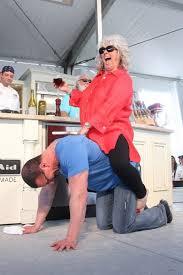
“The mass of mankind has not been born with saddles on their backs, nor a favored few booted and spurred ready to ride them.”
Jefferson wrote that in his last letter. Perhaps strange, inasmuch as he owned slaves. However, he was writing there about hereditary privilege and power. With that understanding I’ve always loved the quote.
So it may seem odd that my wife and I have been captivated by the Netflix series “The Crown,” chronicling the reign of Queen Elizabeth II (now in its 70th year). But this is no hagiography. Indeed, a pretty good indictment of hereditary monarchy, an absurd anachronism in today’s world.
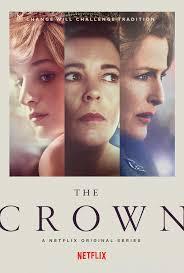
The series is beautifully done, compelling to watch. The producers present it as drama rather than history, and so take liberties with the facts. Sometimes that’s annoying, but in the big picture the show tries to show truth. It depicts real human beings, imprisoned in circumstances that pervert their humanity. Themselves, in a sense, victims of the social paradigm Jefferson decried. Not to be envied.
This is no comedy, yet I find myself laughing out loud a lot. At the sheer bizarreness of the deadpan drama, and gobsmacking words coming out of the characters’ mouths. Irony abounds.
Do they themselves watch it? Curiosity reportedly does draw their eyeballs. How must it feel? Their feelings cannot be what yours or mine might be. It’s been reported that Elizabeth actually likes it, though her portrait hardly seems flattering. Yet as the drama itself shows, the criteria by which she judges her own behavior are not those you or I would apply to ours either.
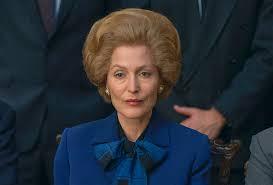
I take issue with Margaret Thatcher’s depiction as an affected woman with silly hair, an arrogant ideologue whose cruel policies caused much suffering. I know she’s still hate figure for the left. But the nation was sinking into what was being called “British Disease” and she administered some needed medicine, putting the country on a path to prosperity.
Prince Charles, on the other hand, I’ve always considered a supreme ass. His portrayal here (by Josh O’Connor) in no way redeems him. Not even by way of complexity. But here too, assuming Charles has viewed this, one can easily suppose him actually seeing it as a vindication, imagining that anyone watching would assess his conduct exactly as he himself did. Saying to himself, when he’s shown crazily denouncing Diana, “Yes, that’s right!”
He seems to have suffered from a lifelong identity crisis. His major complaint against Diana was her being more glamorous and popular than him.

One laugh line (for me) occurred when Charles, first pondering dating Diana, vets her by phoning her sister. “Is she fun?” he asks. It didn’t sound like code for sex, rather being asked straightforwardly. As such, a pretty weird thing to ask about a potential future queen. But the really striking thing was its coming from the least “fun” person on Earth.
Indeed, watching this portrayal, the word “hangdog” kept coming to mind, his very posture conveying lugubriousness. He’s almost like a hunchback, evoking Richard III. You want to shout, “For God’s sake, man, straighten up!” In more ways than one. His mother pretty much does tell him that.
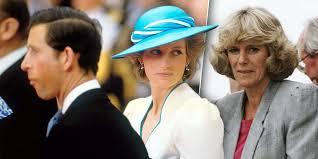
Diana once complained there were three in the marriage. Charles still stuck on Camilla, who’d married Parker-Bowles years earlier. This infatuation reprising that of Charles’s great uncle (Edward VIII) for Wallis Simpson — in both cases the men so hopelessly besotted it emasculates them.
In one scene, Charles and Camilla sit talking in a car. Prodded, she assures him of the strength of her love. I expressed bafflement, Camilla herself being long besotted with Parker-Bowles. But my astute wife observed that she was careful not to say she loved Charles more than him.
Nevertheless, in some presumed future episodes, they will each eventually divorce, and eight years after Diana dies (no seat-belt), Charles and Camilla will finally marry, and live happily ever after. One hopes ; -)
At least, thank goodness, these absurd people no longer have any actual power. In fact, while Elizabeth is often shown berating prime ministers over political issues, I doubt this could occur, so circumscribed is her role.
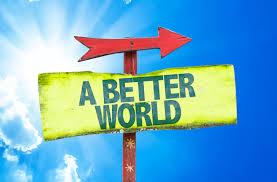
But in 1826 Jefferson’s quote did not reflect reality and does not fully yet today. It’s aspirational. Looking toward a world in which nobody is born saddled, with others to ride them. Slowly we are getting there. One hopes.
